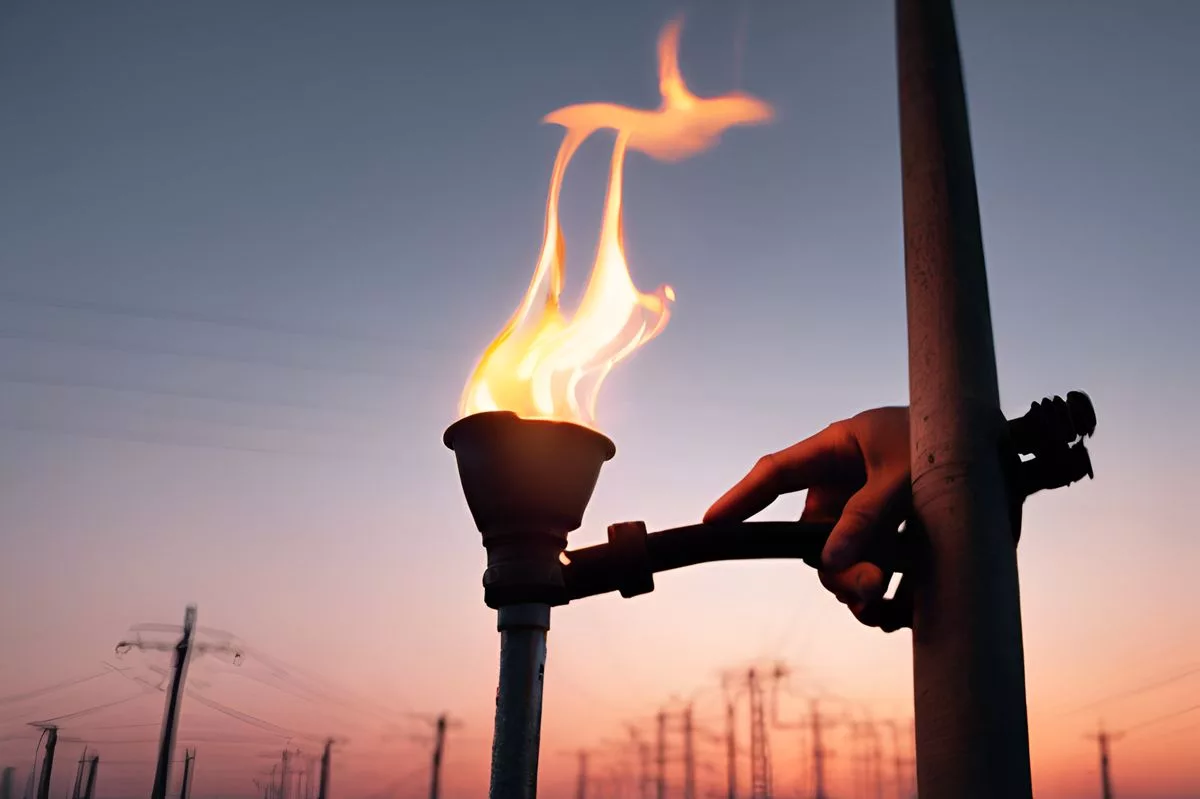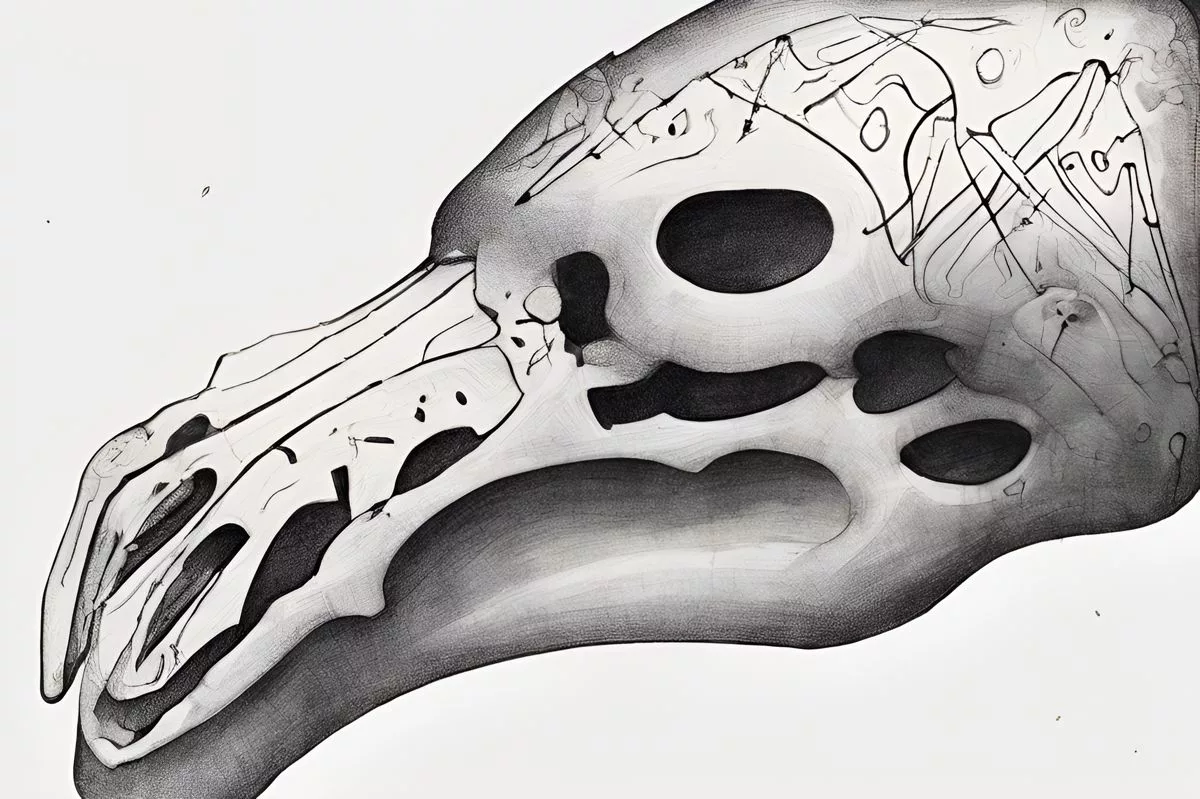Cape Town is taking measures to protect its power infrastructure from vandalism and theft. The city has formed an Energy Safety Unit to monitor vulnerable areas and is encouraging citizens to report suspicious activities. The officials are repairing damaged infrastructure, but the frequency of vandalism has caused delays in restoration. Community involvement is crucial in preserving the city’s electricity, and citizens are urged to report any suspicious activities to law enforcement agencies. The city’s message is clear: protecting the power grid is a joint effort that requires the participation of every resident.
How is Cape Town protecting its power infrastructure against vandalism and theft?
The City of Cape Town has implemented a multifaceted approach to mitigate vandalism and theft of its power infrastructure. This includes the formation of an Energy Safety Unit to monitor and patrol vulnerable areas, as well as a call for citizens to report suspicious activities. The city is emphasizing the importance of community involvement and unity in preserving its electricity.
The Buzz that Lights Up Leonsdale and Clarkes Estate
The urban jungle of Leonsdale and Clarkes Estate is currently buzzing with activity. The city’s maintenance crews are hard at work, with residents witnessing the relentless efforts unfolding in their neighbourhoods. This includes repairs to streetlights and other elements of the electricity infrastructure.
This surge in activity is not without purpose. The City, exhibiting resilience and a sense of community, is requesting aid from communities all across the metro. The goal is straightforward yet vital: to defend the power infrastructure against acts of vandalism and theft. These persistent issues have left countless neighbourhoods shrouded in darkness.
Containing Vandalism: A Multifaceted Approach
The strategies the City has put in place to mitigate these problems are diverse and proactive. A key initiative is the formation of an Energy Safety Unit. The mission of this unit is to monitor and patrol areas susceptible to damage. They also ensure the security of the personnel working in these frequently unstable environments. Creativity and strategic intervention form the backbone of their methods, laying the groundwork for a safer and more luminous city.
The City’s committed officials are toiling tirelessly, crossing the metro to execute the necessary repairs. They have most notably mended the infrastructure in Clarkes Estate and are now returning to the Leonsdale region to rectify the damage inflicted there. Regrettably, the frequency and destructive nature of the vandalism have caused delays in the restoration proceedings.
The Struggles of Infrastructure Vandalism Control
In recent times, the City has had to grapple with an alarming surge of faults tied to electricity vandalism. This has resulted in regular disconnections of unlawful links to the City’s infrastructure. The City expresses its regrets for the discomfort caused by the malfunctioning streetlights, especially considering the unrelenting theft of cables and acts of vandalism.
The unfortunate reality is the cycle of damage and repair. As soon as the teams manage to restore and reinstall the streetlights, vandals wreak havoc once again. This troubling trend emphasizes the importance of community involvement in the protection of the city’s power grid.
City’s Mayoral Committee Member for Energy, Councillor Beverley van Reenen, made a compelling appeal to the citizens, “We encourage you to assist in shielding our community lighting assets. Notify the authorities of incidents of vandalism, theft, and illegal connections. Let’s take ACTION and unite to preserve our electricity.”
Citizens are urged to stay alert and report any suspicious activities to the city’s law enforcement agencies. They can utilize the City’s Fraud Hotline on 0800 1100 77 or directly contact the lead crime prevention authority, the South African Police Service (SAPS).
A Call to Arms for Citizen Participation
As the city embarks on this mission to protect its infrastructure, the message is evident. It is a call for every resident to do their part. In this endeavour, the strength of unity should not be overlooked. The struggle to keep the lights on is not solely the City’s battle—it is a joint effort. This requires the alertness and participation of each resident.
The evolving story of this fight against vandalism and theft is more than just an infrastructure issue. It serves as a tribute to the City and its residents’ grit—a melody of resilience and community spirit. As we continue to take ACTION, standing guard and reporting culprits, we are doing more than just defending our power grid. We are illuminating the pathway to a safer and brighter community future.
1. What is Cape Town doing to protect its power infrastructure against vandalism and theft?
Cape Town has implemented a multifaceted approach that includes the formation of an Energy Safety Unit to monitor and patrol vulnerable areas, as well as a call for citizens to report suspicious activities. The city is emphasizing the importance of community involvement and unity in preserving its electricity.
2. What is the current state of electricity infrastructure in Leonsdale and Clarkes Estate?
The city’s maintenance crews are hard at work repairing streetlights and other elements of the electricity infrastructure in Leonsdale and Clarkes Estate. The surge in activity is part of an effort to defend the power infrastructure against acts of vandalism and theft.
3. What is the Energy Safety Unit?
The Energy Safety Unit is a team formed by the City of Cape Town to monitor and patrol areas susceptible to damage to the power infrastructure. Their mission is to ensure the security of personnel working in frequently unstable environments and to use creativity and strategic intervention to lay the groundwork for a safer and more luminous city.
4. What is the impact of vandalism on the power infrastructure?
The frequent and destructive nature of vandalism has caused delays in the restoration proceedings, leaving countless neighborhoods shrouded in darkness. It also results in regular disconnections of unlawful links to the city’s infrastructure, causing discomfort for citizens due to malfunctioning streetlights.
5. How can citizens help protect the power infrastructure?
Citizens are urged to report any suspicious activities to the city’s law enforcement agencies and utilize the City’s Fraud Hotline or directly contact the lead crime prevention authority, the South African Police Service (SAPS). Community involvement is crucial in protecting the power grid and requires the participation of every resident.
6. Why is community involvement important in protecting the power grid?
The struggle to keep the lights on is not solely the City’s battle—it is a joint effort that requires the alertness and participation of each resident. The strength of unity should not be overlooked, and citizen participation is crucial in preserving the city’s electricity.












